|
Cuban Tree-frogs Osteopilus septentrionalis Up to five and a half inches in length. Considered invasive, though they do eat some bad-ass bugs. According to the the University of Florida site, the impact of the Cuban Treefrog on human quality of life includes this list of sins: "they breed loudly after midnight in pools, ponds, birdbaths, etc.; they invade toilets and can clog drains; they invade power boxes and cause power outages."
Yeah yeah. And they play their car radios too loud. After spending the day sleeping under the eaves on the front porch at our house, these frogs get lively at night. Their suction-cup feet make it sound like a tomato has splatted the window pane when they attach or detach. If you are both on the same side of glass, it's undeniably alarming when these frogs leap. Blank-faced and speedy, they might land on a face, an arm, a bare shoulder. Where -- gulp! -- they can prove to be a bit clingy. They do not enjoy being pulled from their chosen perch, and will attach with all their vacuum power. They might even pee in protest when you try to remove them. Even if you are trying to remove them from your face.. Best to focus instead on what they eat. Which is pretty much anything smaller than themselves. Cuban treefrogs seem (charmingly enough) fond of palmetto bugs. (Palmetto bugs? Giant cockroaches with a chamber-of-commerce name). Palmetto bugs deserve to star in their own horror movie. These Florida-fixture bugs look somewhat like big sticky Medjool dates with legs, antennae, etc. They grow to nearly 2 inches in length and can fly (for the love of all things sacred -- they FLY!). If I were making a low-budget horror film about them ("Palmetto! They Fly By Night!"), it would be the Cuban treefrogs and their appetites who come to the rescue of the stranded travelers. I might end my movie with one of the genre standards: an ambiguous look at a pensive frog in close-up with a voice-over by the ruggedly nerdy scientist: "We'll never understand why they did it, but I think I speak for all of us when I say to the frogs, 'Stay hungry my friends.' "
2 Comments
 "You'll never guess what that dog got into today," Jeff says. Without waiting for an answer, he continues. "I looked over and it looked like she had a little cigar in her mouth." He pauses for a dramatic moment. "She wouldn't let go of it. I had to pull it out of her mouth." The small dog has very few vices. But her weakness for cat poop is pretty appalling. Like most addictions, there's a familiar cycle: a furtive, all-encompassing obsession, then indulgence and a momentary high. Followed by shame, suffering, and someone else cleaning up the vomit. She knows it's wrong. Or rather, she understands that it's forbidden. But she goes back to the poisoned well over and over. The small dog will snarfle up anything that seems like food. "No human food from human hands" is the rule, but if it's on the floor, it's hers: slivers of cheese, spilled spaghetti. A crunchy slice of fennel once transformed her into Sméagol with her Precious, her Precious! She's like an organic steam-mop, and she's only happy in a new kitchen once she has canvassed every square inch of floor with her nose and tongue. 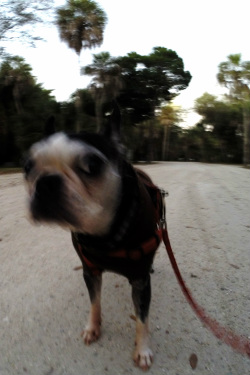 On her outdoor walking circuit, she has been known to hoover up the chewy carcasses of dried earthworms from the sidewalk, and she'll inhale the crunchy carapaces of shrimps on the sea-wall. Dining on the fly or mindless snacking, it's like an automatic reflex. Catch her quick enough and she'll drop the prize. But cat poop is different. The resident feral cats who live in the neighborhood make full use of the sandy soil wherever the notion takes them. The small dog, pottering around while we garden or work on boats, will slink off to find it. She starts looking guilty as soon as the thought drifts into her mind, but she's sneaky. When caught mid-gulp, instead of dropping it and apologizing, she'll turn and try to swallow her prize whole. Addiction is a terrible thing. This is a dog who usually abhors conflict, and who shivers when scolded. But in the grips of demon poo, she refuses the help of a Higher Power.  She'll come to the door, tardy, smacking her lips with her head lowered. She'll resist making eye-contact. And it's clear how the next three days will play out: first, the bad tummy with all the bells and whistles, with multiple trips outside in the middle of the nights, the little dog listless and unhappy, her humans disgusted. Other times, I'm taken unawares. She'll seem pokey on a walk. There will be a rather pathetic series of minor yarks. She'll resist play. I'll be reminded of her inevitable mortality, of how the vet told me she is on borrowed time. I'll say to Jeff, "She IS an old dog." He'll look at her, as she huddles in her bed with her eyes the only part moving. He'll make a dismissive sound at the same time he stoops to rub her forehead. "Eh, she'll be fine. She's been eating cat poop again."  A Facebook status update from a Finnish friend (Hi Iiro!) started me thinking: which country or region's name would be funnier with the word "dance" added in? Turns out -- not all of them. France, for instance, sounds ridiculous: either a B-movie Western cliché, punctuated with the tinny sound of a fake revolver firing: Dance, France! Or some kind of slur in the diplomatic circles: "Yeah, the ol' France Dance." Likewise, the United Dance States of America? Shuffle how you like, those five words add up to a cheesy television contest. From the 1980's. With shiny Lycra outfits and big hair.  But this Facebook status update announced that my friend was heading up to Lapland. For a skiing trip, naturally. Lapland being a sparsely populated region with very little neon and months of weather that contraindicates skimpy clothing. So I'm thinking...definitely: Lap Dance Land.  And Canada. Oh, Canada. Add "dance" and you get "Canadance, eh?" Proving yet again that it's impossible to spell the country's name without a mocking nod to the Ontario accent. So, working on the Northerly countries...Iceland? No. Even after watching the Winter Olympic Games with interest, just -- no. ...And only because I know people IN FINLAND who adore Jimmy Buffett, let's give Finland the dance: " 'Cause you're the only bait in town..." 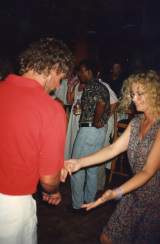 Heading south, how about Puerto Dance Rico? Of course. It IS a rich spot for dance. Ja Dance Maica? For certain, mon! Dance Republic of Cuba? Perhaps. Does totalitarianism mean that everyone MUST dance? Central Asia is ripe for this sort of nonsense. Almost any of the -stans sound sassy after a drive-by dancing. Not including Afghanistan, of course, but Turkmen-Dance-istan? Uzbek-Dance-istan? Yes please! And, as a marginally less ridiculous note, here's what I learned today: the suffix "stan" which means, roughly, "in the place" in Persian, traces its roots back to the same source as the English home "stead." I take this as a message: we are not so different, cultures and languages. Which leaves me with a wistful final thought: World Peace Dance.  To the small dog, I am not so much a person as I am the Food Goddess. You can see it in her eyes. It may be the universal dynamic of canids and their people, but I only know about this dogmatic little sect. Belief carries her through her daily round, comprised as it is of a rigorous series of naps and meals. She wakes, prays, and the Food Goddess provides. However, it's obvious that the small dog suspects that I -- fickle, fickle deity! -- am liable to abandon her in her hour of need. (What is a grocery-run to Lilly but a test of her belief that I will return? Her vehement prayers and rituals hold the entire world together.) However full of faith and reverence, the small dog IS an opportunistic believer. I'm okay with that. Temporary divinity is better than none, and Lilly's pantheon, to be fair, includes a string of lost Food Goddesses before me. A certain theological flexibility works in her religion: she's even welcomed a Food God into her church. The Food God responded to her worship last summer by including special treats in her dry dog-food breakfast. Trying to speed up the morning routine, Jeff took the shortcut while I was away. Just a sprinkling of parmesan and she went from picky to piggy. And hey-ho, hey-ho it was off to work he went. As far as Lilly is concerned, cheese is an article of faith. Her prayers have been answered: cheese! (insert sound of heavenly choir -- or better yet, Pink Martini.) We on Mount Olympus (aka the bed, to which the small dog is forbidden access. Except in special circumstances when her small warm presence is required as organic heating pad.) struggled with the issue. To cheese or not to cheese? On the one hand, she is an oldish dog, liable to drop weight and lose appetite. On the other, she's already fairly insufferable, dog qua dog. 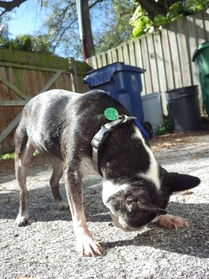 Her Uncle Markie, who runs a home for Wayward Canines, settled the matter. He claims to treat dogs like dogs, and his advice is unusually direct and useful. "Just put some hot water on the dry food," he suggested. "They love that." The first day of gravy was a joyous day of thanksgiving in the world of the small dog. Her devotion was rewarded. At long last. Not since the bowl ofchicken salad fell to the floor had she experienced such proof of divine favor. Her ladylike belch at the end of the meal sounded like the word "amen." 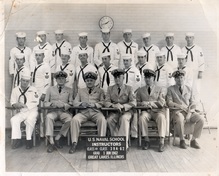 No, not these guys. Hi Grampa Navy! No, not these guys. Hi Grampa Navy! When I was covering the sailing news for the St. Petersburg Times, I relied on several touchstone sources -- they were people who might not know all the news and gossip, and who might not race all the regattas, but they knew sailing on Tampa Bay and they could -- to some extent -- help keep me from sounding like an ass when I wrote about the sport. The late Michael Robertson was one. A charming, freckled man of wide wisdom and humor, I can hear his heartfelt call of "Darlin!" still. He'd grown up sailing on Tampa Bay, had spent a lifetime in the marine industry, and was generous with history, background, introductions, explanations and a whole boatload of entertaining stories. I found myself repeating one of his favorite little jokes recently, echoing his hearty, sunshiny tone while asking the question: "What does the Southern alligator say?" 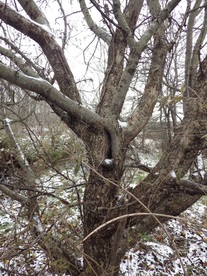 Unless they go bad in the heart, apple-trees can live a very long time. They'll turn wild, their branches winding around one another like tangled arms, rubbing raw spots through the bark when the wind blows. The trunks sprout suckers that reach for the sky and multiply weak joints. Left to their own devices, apple orchards will gradually slurp up the available minerals from the soil. Then they'll muddle on without them. They spend their energy on a multitude of tiny apples, the fruits progressively shrinking. As years pass, the trees come to resemble undernourished miner's children, squinting and wormy and bowed with rickets. 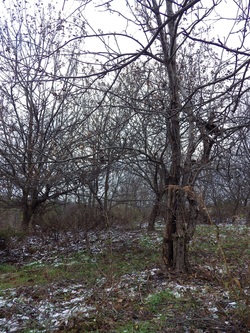 A commercial grower, looking at the 30+ trees on the first rocky knob of our would-be farm might suggest pulling them out and starting over. Or better yet, just begin someplace else –– and make it someplace where the rock base is a few inches deeper below the soil. If that same commercial grower could be lured to the second knob and its even more neglected trees, he might suggest burning it clear. But we are in this apple-growing scheme for curiosity, for the beauty, and for new neural pathways. We are not going to start over. Not yet. We are going to revive the orchards. It should come as no surprise –– since apples have been long cultivated and long revered and (given the nature of human nature) quite often abandoned –– that there's a traditional process for renovating neglected orchards. (Here's the New York Times' take on how-to.)  On a frosty November morning we start our renovation. I carry blackboard chalk and loppers, while Jeff totes the new Tanaka chainsaw and fuel. The seasonal sounds of gunfire (duck- and deer-season) crack across the long valleys and ridges in the chilly distance. All the leaves are down*, revealing the witchy-fingered profile of apple-tree after apple-tree in our new-found groves. (*Not: "...all the leaves are brown, and the sky is gray-ay" but close.) I chalk unlucky young intruder trees with an X so Jeff and the two-stroke Angel of Death shall not pass over them. Then I step away to a safe distance to begin the individual fruit-tree makeovers. It's a battle to reach the trunks, but by lopping and snapping off deadwood, I Stanley-Livingstone my way under each tree's canopy. I circle the main trunk once, twice, more, ducking and sometimes backtracking as branches snag my knitted hat. I'm trying to gauge which water-sucker –– the branches that go straight up like a pipe, hogging the sunlight and branching far higher than I want to climb for fruit -- should go first, and how much barky macrame can be removed. 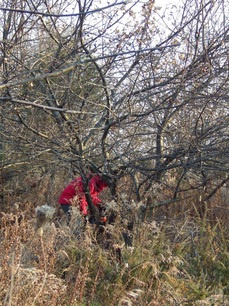 Sensible tradition says to trim no more than a third of the tree in a year, so it's a question of picking the worst bits to edit away. I leave more chalk X's, and snip-snip at the weakest-looking forks of the long-spreading branches. It becomes a meditative practice, and I hear myself repeating under my breath something I must have read: "favor width over height, privilege strength over volume." Six solid hours later, and we have not finished the first grove. Paul Bunyon's chainsaw blade is dull from use. We've made a dozen rough brush piles and stacks of applewood logs. Good orchard management suggests that the trim would be burned right away, but we are going to leave it for the wildlife over the winter. After all, the deer and the rabbits and the ruffled grouse and who knows what else has been making a good living in this orchard. They kept the thorn-apple and most of the invasive brush at bay for decades. Let them have the twigs for shelter. The logs will be just as fragrant in the spring. The week of work goes very quickly. It feels paradoxically as if there is more left to do at the end of our time than there had been at the beginning. Classic example of the universal law of chore multiplication (tasks multiply to overfill the time allotment). New neural pathways: thanks to a local pal, KD, Jeff learned the valuable knack of sharpening the chainsaw blades. The apple-tree husbandry that crammed my brain to capacity got exercised, at least briefly. We met some neighbors and spotted some wildlife. We leave knowing there's more pruning to do, but it will mostly wait for next fall. In the spring, the blossoms will want thinning and the groves will need a judicious feeding. There's brush to burn and paths to clear. At the end of next summer, if it's been a decent growing season, we'll be figuring out what kinds of apples these are. And gauging whether the renovation is worth continuing.  Piazza Navone. Piazza Navone. In Italian it's called "mal di mare." Motion sickness. For some reason, stone lions suffer greatly from this affliction. The Somali version is "Badda jirrada." In German, "Seekrankheit." Haitian Creole expresses it as, "Lanmè maladi."  Napoleon is at it again? I'll be there in a sec. Napoleon is at it again? I'll be there in a sec. A queasy marble lion can be found on the marker for Admiral Lord Nelson at St. Paul's Cathedral in London. The lion represents the man -- Nelson, a brilliant naval tactician, survived sea-sickness throughout his career. A career, just by-the-by, that started at age 12. Not only did the man get whittled down in defense of his country -- first losing sight in one eye, then losing an arm before taking a fatal gunshot --- but he yarked mightily while doing so. Yes, I should have known better than to snap a picture of said lion in church (ignorant git!), but for my sins, the film (film!) was double-exposed. I share it anyhow because just look -- is he not the Bravest Little Toaster of all indisposed stone lions?  Cornice detail in Rome. This poor creature is well in the grip of it. Cornice detail in Rome. This poor creature is well in the grip of it. "See-siekte" in Afrikaans. "Fune-yoi" in Japanese. In Latin, "Mare languorum." Symptoms range from slight discomfort and unease to debilitating vertigo, vomiting, and resultant dehydration. People who have not yet been seasick display a slight edge over those who have. They say things like, "Think of something else." (What, like England?!) or, "I was nearly sick once crossing the Solent during the big storm of '08." They suggest, one way or another, that the illness is a conscious choice and probably a sign of larger moral weakness.
 At the Vatican, he rages against the rising tide of sick. At the Vatican, he rages against the rising tide of sick. "Sjó-veikindi" in Icelandic. In Welsh, "Sawlch môr." "Morskaya bolezyn" in Russian. Sage advice includes: keep an eye on the horizon, eat saltines, take deep breaths. Some people swear by ginger, or by acupressure bands. Pop a pill: most of which are antihistamines, but kindly fellow sufferers will hand over prescription Scopolamine patches (for which the side-effects may include hallucinations) with a knowing wince. Oddly enougth, Laughter is not the best medicine for mal de mer. It hardly bears saying that sea-sickness is only humorous when someone else is suffering from it. Like that other hilarious malady, the hangover, sea-sickness grows increasingly entertaining the farther away it is in space and time. For the Basque, "Itsas gaixotasuna." In Chinese, "Yùnchuán." "Doença do mar" in the Portuguese. What recourse does the sufferer have? The only sure cure is to hold quite still. On land. |
About the Blog
A lot of ground gets covered on this blog -- from sailboat racing to book suggestions to plain old piffle. FollowTrying to keep track? Follow me on Facebook or Twitter or if you use an aggregator, click the RSS option below.
Old school? Sign up for the newsletter and I'll shoot you a short e-mail when there's something new.
Archives
June 2024
Categories
All
|
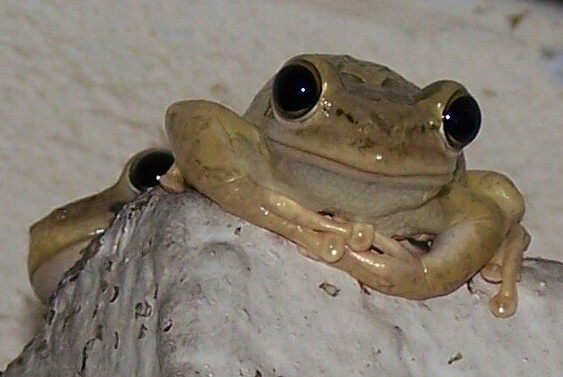
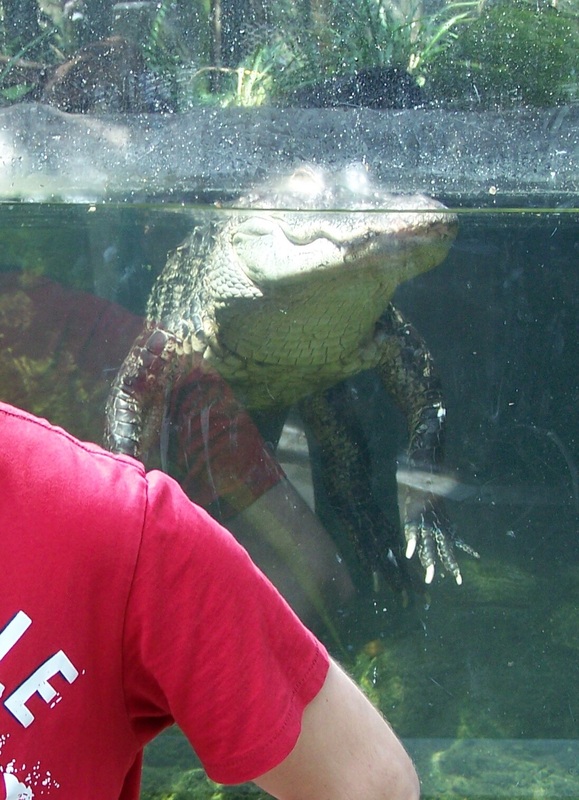
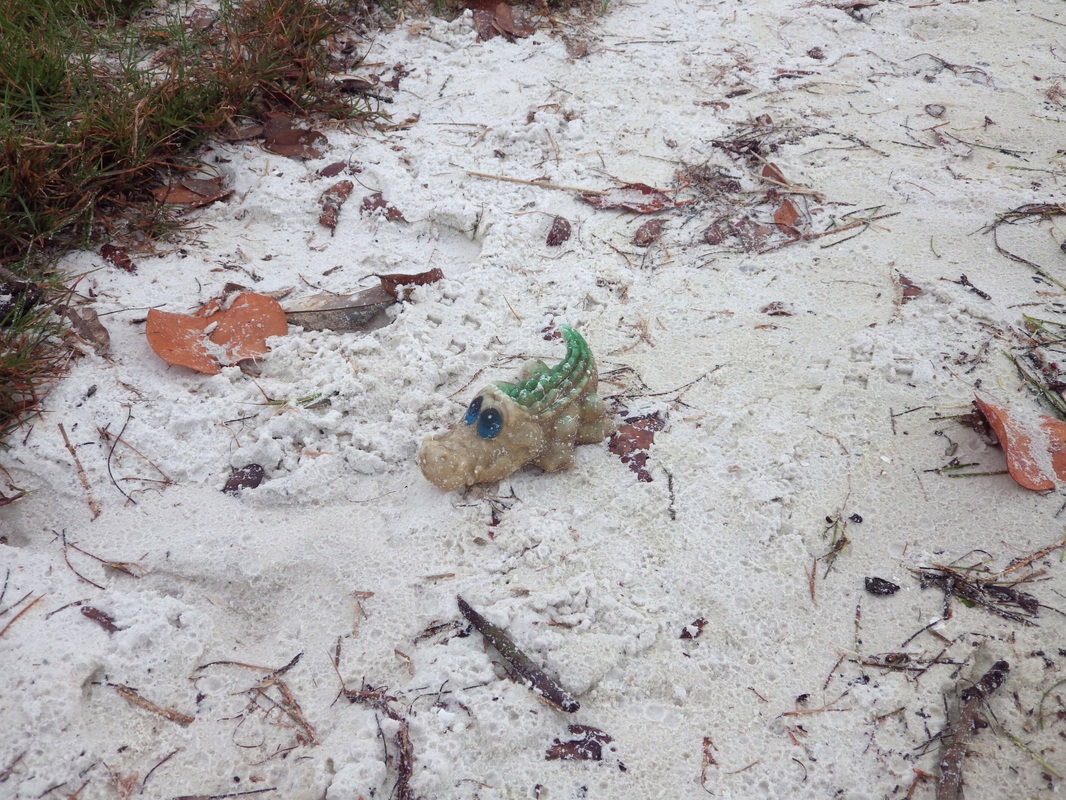
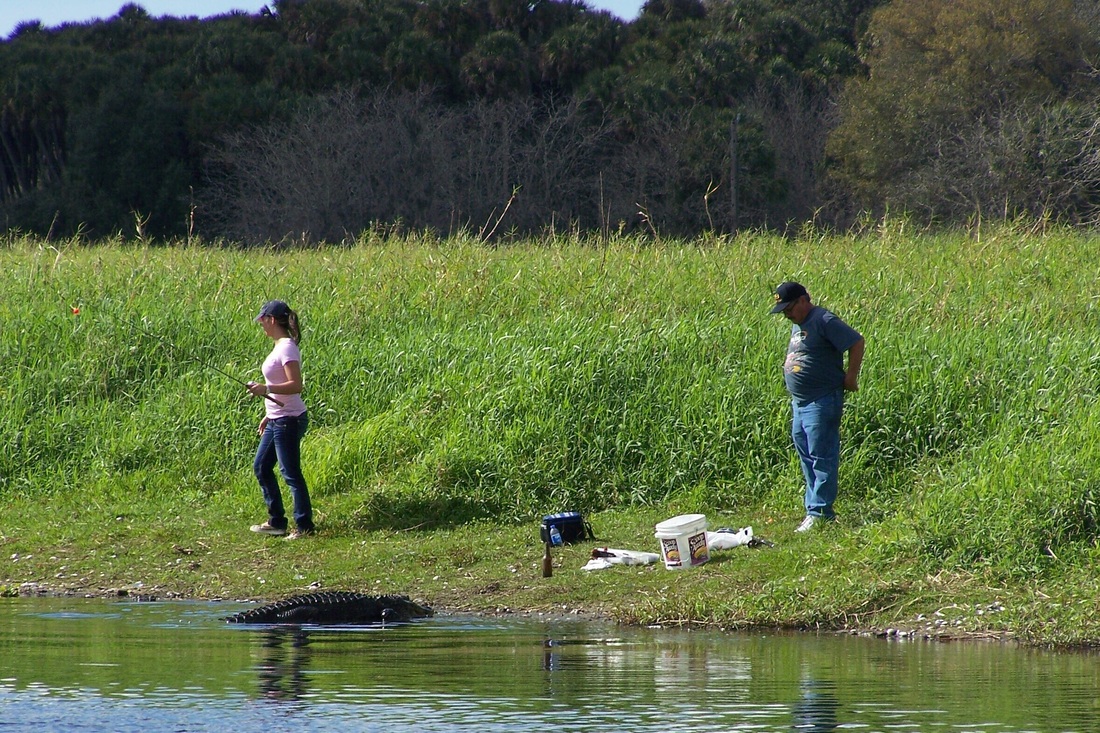
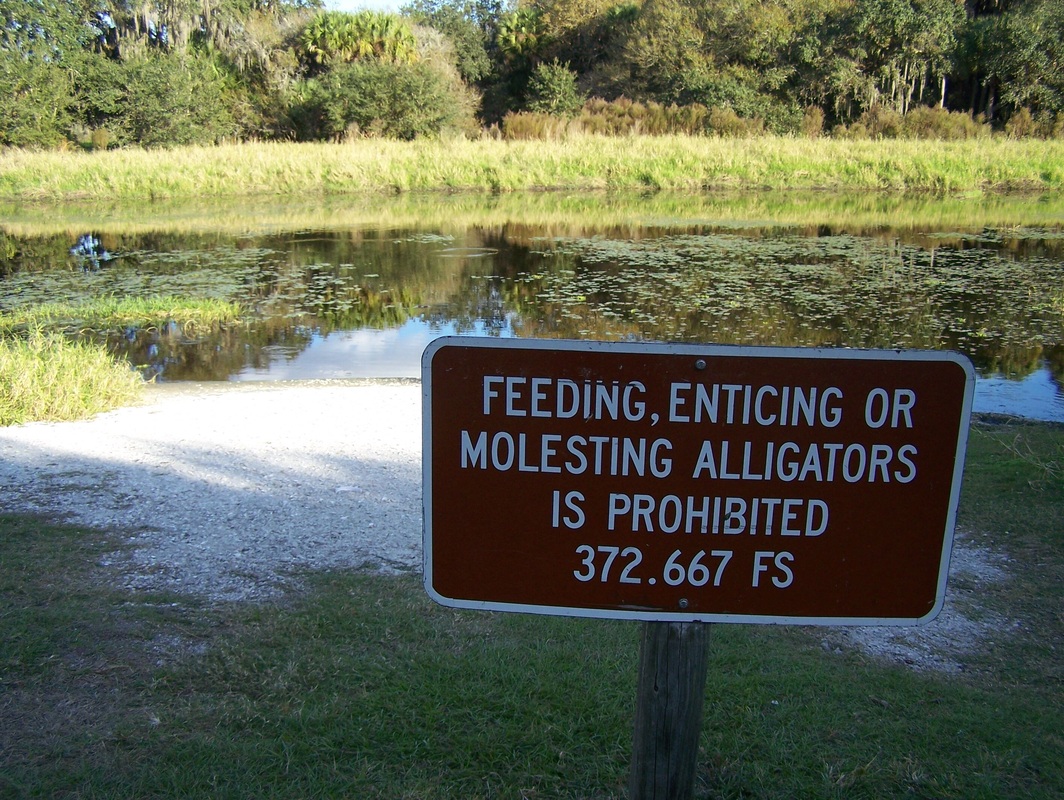
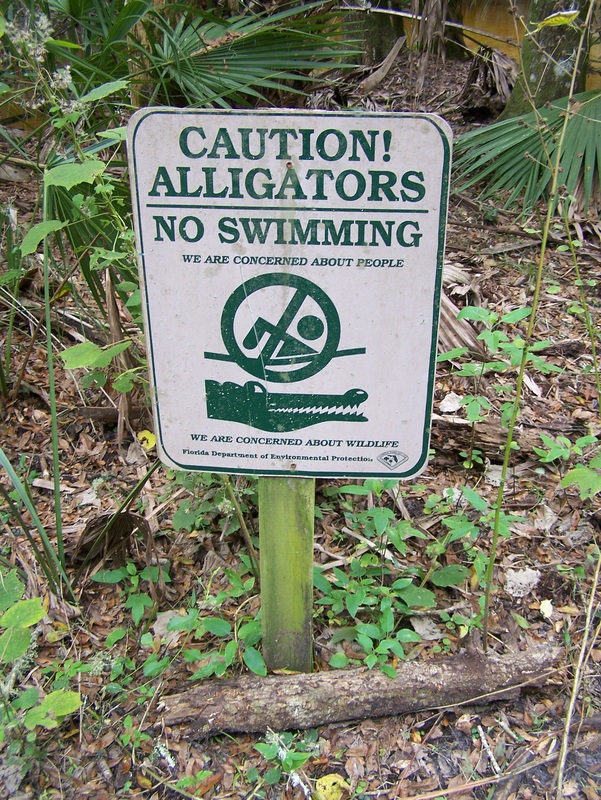




 RSS Feed
RSS Feed
